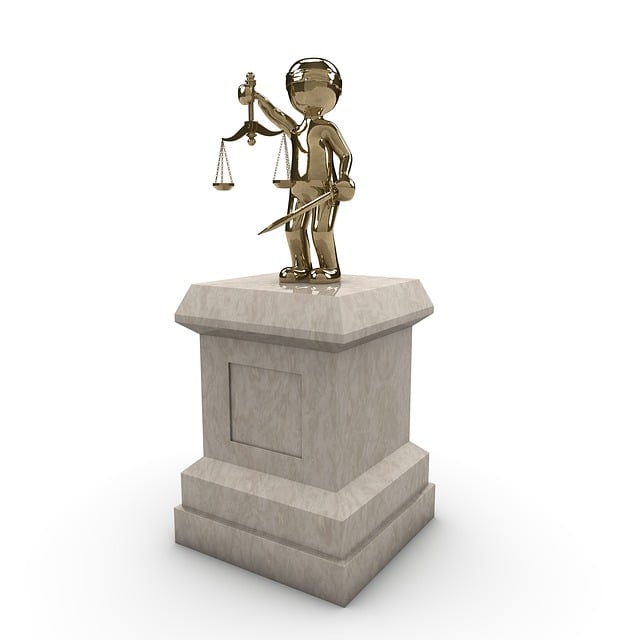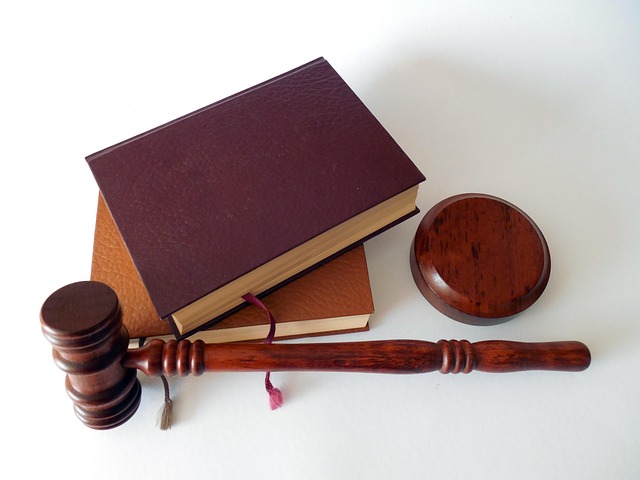Understanding your rights and knowing constitutional protections are key to navigating criminal defense proceedings effectively. Building a robust defense strategy involves meticulous investigation, crafting compelling narratives, staying updated on legal developments, and enhancing communication with clients. Ethical considerations, including confidentiality, conflict avoidance, and respect for all parties' rights, uphold the integrity of the legal process and ensure fair trial advocacy. Effective communication in courtrooms through clarity, conciseness, non-verbal cues, and strategic narrative building further supports a just outcome.
Navigating criminal defense proceedings requires expertise and a strategic approach to ensure a just and fair trial. This article guides you through essential aspects of successful criminal defense, including understanding your rights as a fundamental cornerstone of fair trial advocacy. We explore strategies for building a robust defense, effective communication techniques for courtroom dynamics, and ethical considerations that underpin professional practice. By mastering these elements, legal professionals can adeptly represent clients, upholding the principles of fairness inherent in our justice system.
- Understanding Your Rights: A Foundation for Fair Trial Advocacy
- Building a Strong Defense Strategy: Key Elements for Success
- Effective Communication: Navigating Courtroom Dynamics with Expertise
- Ethical Considerations in Criminal Defense Proceedings
Understanding Your Rights: A Foundation for Fair Trial Advocacy

Understanding your rights is a cornerstone in navigating criminal defense proceedings with expertise. Every individual facing legal accusations must be aware of their constitutional protections and the processes that ensure a fair trial. This knowledge equips them to actively participate in their defense, making informed decisions and challenging any infringements on their rights.
A strong foundation in fair trial advocacy begins with comprehending the right to counsel, the presumption of innocence, and the protection against self-incrimination. These basics empower individuals to engage effectively with legal professionals, understand the evidence against them, and navigate the complexities of the justice system. Armed with this understanding, they can advocate for themselves or their loved ones, ensuring a more just and equitable outcome in criminal defense proceedings.
Building a Strong Defense Strategy: Key Elements for Success

Building a robust defense strategy is paramount in criminal defense proceedings, ensuring clients receive a fair trial advocacy. A comprehensive approach involves several critical elements. Firstly, thorough investigation is essential; gathering all relevant evidence, witness statements, and legal precedents forms the backbone of the defense. This step requires meticulous attention to detail and a deep understanding of the case’s nuances.
Secondly, crafting a compelling narrative is vital. Lawyers must artfully present their client’s story, challenging the prosecution’s narrative and highlighting any inconsistencies or weaknesses in their case. Effective communication strategies, including persuasive arguments and strategic cross-examination, are key tools in swaying the jury’s perception. Additionally, staying apprised of relevant legal developments and utilizing innovative defense techniques can significantly impact the outcome.
Effective Communication: Navigating Courtroom Dynamics with Expertise

Effective communication is a cornerstone of successful criminal defense, ensuring that the attorney-client relationship is built on clear and concise dialogue. During courtroom proceedings, attorneys must possess the skill to articulate complex legal arguments in a manner accessible to judges and juries. This involves breaking down intricate details into digestible components, using evidence to support claims, and presenting a compelling narrative that aligns with fair trial advocacy principles.
In addition to verbal communication, non-verbal cues play a significant role. Defendants’ body language can reveal or conceal important information, making it crucial for attorneys to interpret and utilize these signals effectively. This dynamic interaction demands expertise in courtroom etiquette, allowing advocates to navigate the legal landscape with confidence, ensuring their clients receive a fair trial through meticulous communication strategies.
Ethical Considerations in Criminal Defense Proceedings

In the realm of criminal defense, ethical considerations are the bedrock of ensuring a just and fair trial advocacy. Lawyers have a professional and moral obligation to uphold the integrity of the legal process. This involves maintaining confidentiality, avoiding conflicts of interest, and diligently representing their clients’ interests while adhering to the law. Transparency and honesty are paramount, as they foster trust between the defense attorney and the accused, which is essential for effective communication and strategic planning.
Ethical conduct also demands that lawyers respect the rights of all parties involved, including victims and witnesses. This includes ensuring fair treatment, avoiding intimidation or coercion, and presenting a robust defense while adhering to professional standards. By embracing ethical principles, criminal defense attorneys contribute to a more equitable legal system, safeguarding both individual liberties and the integrity of justice.






